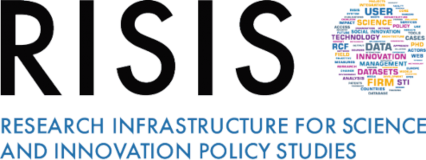What are the relevant topical areas addressed by researchers concerning global challenges? A study recently published on Zenodo indagates on one-hand topics related to sustainability defined by the UN Sustainable Development Goals and on the other hand topics related to the Societal Challenges (SDGs) and to Key Enabling Technologies (KETs) defined by the European Commission.
The investigation of the knowledge production in the European Research Area with a particular focus on SDGs and KETs has been conducted thanks to the RISIS-KNOWMAK tool, a free service that can be accessed on-line at www.knowmak.eu. A core element of KNOWMAK is properly an ontology knowledge production structured around KET and SGC. In KOWMAK the 13 KET and SGCs have been further decomposed in 135 subtopics and this allows for a fine-grained view of knowledge production.
In this study, KNOWMAK ontology has been utilized in the creation of the strings used for bibliometric analyses conducted. Which are the most active regions/countries and research organizations concerning the topic related to sustainable cities and communities? Which is the terminology built around the global challenges? By selecting their topics of interest and geographical space (country or region), users can visualize the most active organizations and access a selection of social innovation projects. Moreover, they can conduct terminology and ontology-based analyses discovering relevant societal challenges, since that the terminologies around such topical areas reflect the policy priorities. The study shows how the terminology and ontology-based analyses can provide relevant information for research organizations to identify the key areas and actors concerning particular topics and it represents very good practice in using the RISIS-KNOWMAK tool.
See the study on Zenodo:






